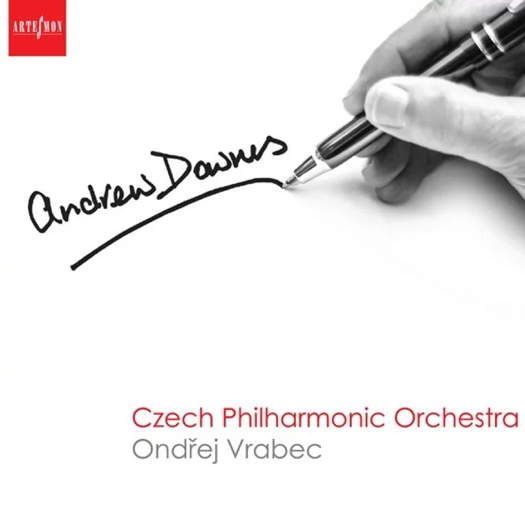 SPONSORED: CD Spotlight. On Buoyant Form - Orchestral music by Andrew Downes, heard by Roderic Dunnett.
SPONSORED: CD Spotlight. On Buoyant Form - Orchestral music by Andrew Downes, heard by Roderic Dunnett.
All sponsored features >>
Robert Fayrfax: Missa 'Sum Henricus Octavus'
One of the most exciting musicological discoveries of recent years is the manuscript that has come to light in the library of Eton College Chapel. This is nothing less than a hitherto unknown mass setting by the early sixteenth-century English composer Robert Fayrfax.
The title, Missa 'Sum Henricus Octavus', originally presented something of a mystery, but the theory that it relates to the cantus firmus-like tenor part suggests that the work is based on a popular song of the time, like other mass-settings of the period such as the 'Westron Wynde' masses by Taverner, Tye and Sheppard, and the numerous masses based on the song 'L'Homme Armé' by continental composers including Dufay, Josquin des Prez and Palestrina.
The cantus firmus melody itself is otherwise unknown in sources of the period. One suggestion is that it may have been composed by King Henry 8th. Henry was an enthusiastic musician, whose name has become attached to several songs and instrumental pieces, though as scholars have been aware for many years, the number of these that can be securely attributed to the monarch's unaided work is rather less than contemporary sources suggest.
What has really generated excitement, however, is the tune's melodic style, which appears to have affinities with music of a much later period. The phrase structure almost resembles that of a typical music-hall song of the Edwardian era, not least in the striking passage of hocketing preceding the final phrase. This is the first suggestion to have emerged that the roots of music-hall may go back much further than previously suspected. Scholars in the fields of both pre-Reformation English church music and early twentieth-century urban popular entertainment are understandably enthusiastic at the prospect of research revealing further connections between two such widely differing musical cultures.
Mike Wheeler, 1 April 2012



